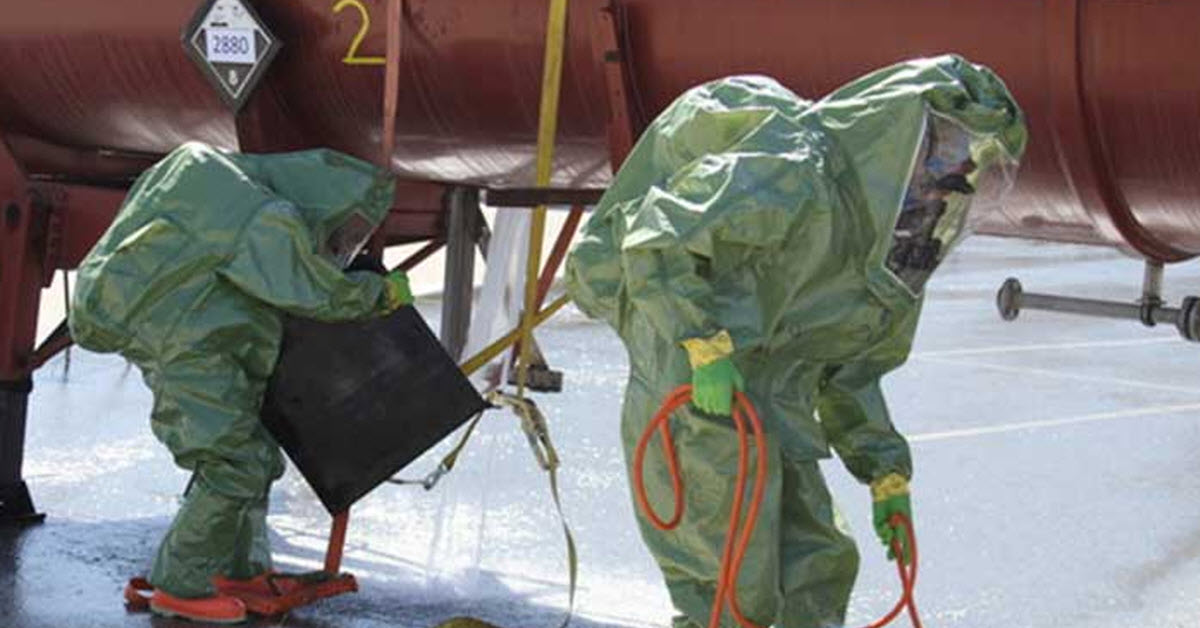Many people live their lives without giving much thought to what is going on around them. This could prove to be deadly, however, especially if you are caught unprepared in the event of an emergency. One type of an emergency that can happen suddenly and without warning is a hazardous material incident. When it takes place, it can leave your area uninhabitable for a short amount of time or perhaps even for the long term.
The fact of the matter is, chemicals exist in the world around us in many different forms. Some of those chemicals are used nearby, such as for purifying drinking water or to grow crops. As those chemicals are being used, transported or stored, they could end up causing a serious issue. Chemicals can result in injury, serious health problems and even death. The effects can be felt on people, buildings and property.

It is important to prepare in advance in case of the event that a hazardous material incident should occur. Most local communities have such a plan in place but it does not reach out to the community and to our families. What you can do, however, is contact those in your local area who are responsible for providing assistance in the event that a hazardous material incident should occur. You can then begin building your emergency supply kit, including plenty of food and water and materials to seal off your home or an area of the home in the event that chemicals should become a problem.
In addition to having an emergency supply kit available, you should also have a plan with your family as to where you should meet when such a disaster occurs. Having a method of contacting each other is also important because it may not be possible to travel outdoors in the event of such an emergency.

If you are caught in the middle of a hazardous material incident, it is important to act quickly and appropriately. If an evacuation notice has been given, it is important to evacuate immediately. Be sure that you have your go bag with you in the event that such a problem could occur when you are out and about. If you are in close proximity to the incident, get upstream or upwind if at all possible and put some distance between you and the problem. Avoid any type of contact with the chemical. Cover your mouth with a cloth to avoid breathing it.
If you are told to stay in the area, your home is the best place to be. If you are in a motor vehicle, it may not be sealed enough to avoid contact with the chemical. Go into your home or a public shelter and seal off the area to the best of your ability until you are given the all clear by the authorities.
